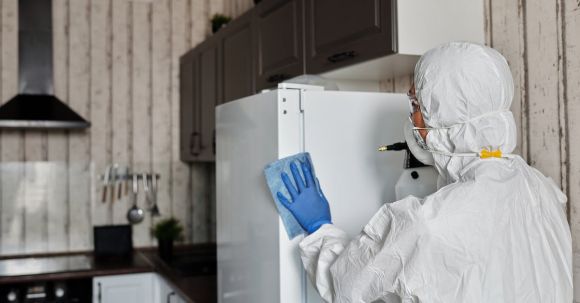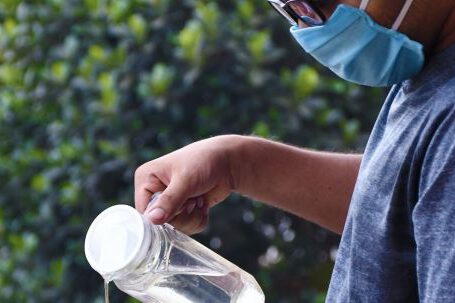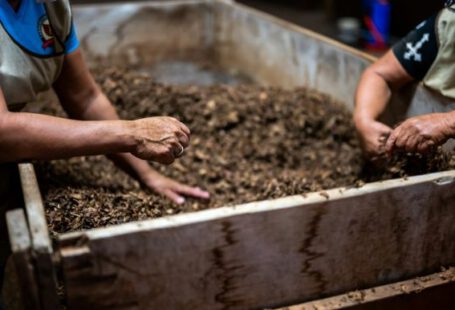Maintaining clean and disinfected garden tools is an essential aspect of gardening. Not only does it extend the lifespan of your tools, but it also helps prevent the spread of diseases and pests from one plant to another. In this article, we will explore the proper methods of disinfecting garden tools to ensure a healthy and thriving garden.
Why is disinfecting garden tools important?
Before delving into the different techniques of disinfection, it is important to understand why this process is crucial. Garden tools come into contact with various plants, soil, and other organic matter, which can harbor harmful bacteria, fungi, viruses, and pests. If not properly cleaned and disinfected, these pathogens can be transferred from one plant to another, leading to the spread of diseases and reduced plant health. By regularly disinfecting your garden tools, you can minimize the risk of contamination and promote a healthier gardening environment.
Cleaning garden tools
Before disinfecting your garden tools, it is crucial to clean off any visible dirt, debris, or plant material. Start by removing any excess soil or debris using a brush or scraper. For tools with caked-on dirt, you can soak them in a bucket of warm soapy water for a few minutes to loosen the grime. Once the dirt has been removed, rinse the tools thoroughly with water and allow them to dry completely.
Using bleach for disinfection
Bleach is a commonly used disinfectant due to its effectiveness in killing a wide range of pathogens. To disinfect your garden tools using bleach, create a solution by mixing one part bleach with nine parts water. Submerge the tools in the bleach solution for about five minutes, ensuring that all surfaces are fully exposed to the solution. After disinfection, rinse the tools with clean water and allow them to air dry.
Alcohol-based disinfectants
Alcohol-based disinfectants, such as isopropyl alcohol, are another effective option for disinfecting garden tools. These disinfectants work by denaturing proteins in the pathogens, ultimately killing them. To use alcohol-based disinfectants, simply spray or wipe the tools with the solution, ensuring that all surfaces are thoroughly covered. Allow the disinfectant to sit on the tools for a few minutes before wiping off any excess liquid.
Vinegar as a natural disinfectant
If you prefer natural alternatives, vinegar can be used as a mild disinfectant for garden tools. Mix equal parts of vinegar and water in a spray bottle and spray the solution onto the tools. Allow the vinegar to sit on the tools for a few minutes before wiping them clean with a cloth or paper towel. Vinegar not only disinfects, but it also helps to remove rust from metal tools.
Maintaining a clean storage area
In addition to disinfecting your garden tools, it is important to maintain a clean storage area. After each use, remove any dirt or debris from the tools and store them in a dry location. Moisture can promote the growth of mold and rust, so it is important to keep your tools in a well-ventilated area. Consider using hooks or racks to hang your tools, keeping them off the ground and preventing contact with soil and potential contaminants.
In conclusion
Properly disinfecting your garden tools is essential for maintaining a healthy garden. By following these guidelines and regularly cleaning and disinfecting your tools, you can prevent the spread of diseases and pests, as well as prolong the lifespan of your equipment. Remember to always wear protective gloves and follow the instructions provided by the disinfectant manufacturer. With a little extra effort in maintaining clean tools, you can enjoy a thriving and disease-free garden all year round.





